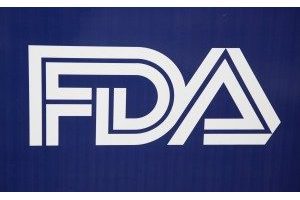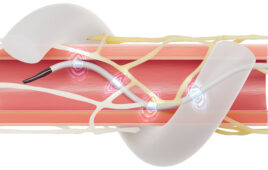 The FDA has published draft guidances that would streamline submission and review of data supporting the clinical and analytical validity of NGS-based tests. They represent a significant step, working within FDA’s existing regulatory authority, toward the FDA’s long-term goal of establishing a dynamic and flexible regulatory approach for genomic tests.
The FDA has published draft guidances that would streamline submission and review of data supporting the clinical and analytical validity of NGS-based tests. They represent a significant step, working within FDA’s existing regulatory authority, toward the FDA’s long-term goal of establishing a dynamic and flexible regulatory approach for genomic tests.
The FDA has incorporated insights from patient and provider groups, test developers, industry coalitions, professional societies, leading academicians, and from four public meetings. The first draft guidance, titled “Use of Standards in FDA Regulatory Oversight of Next Generation Sequencing (NGS)-Based In Vitro Diagnostics (IVDs) Used for Diagnosing Germline Diseases” provides recommendations for designing, developing and validating NGS-based tests for hereditary diseases and addresses the potential for using FDA-recognized standards to demonstrate analytical validity.
The second draft guidance, titled “Use of Public Human Genetic Variant Databases to Support Clinical Validity for Next Generation Sequencing (NGS)-Based In Vitro Diagnostics” describes an approach for test developers to use data from public genomic databases that meet certain criteria and gain FDA recognition. Data and assertions from these FDA-recognized databases could help ensure accurate clinical interpretations of genomic test results and support clinical claims in marketing submissions.
The guidances explain how the FDA would consider, in the future, whether to exempt certain NGS-based tests from premarket review. This system would be efficient and flexible. As technology advances, standards can be updated to help ensure test accuracy. Similarly, as clinical evidence improves, new interpretations could be supported. This adaptive approach would ultimately foster innovation among test developers and improve patients’ access to these new technologies.
U.S. Food and Drug Administration
fda.gov




